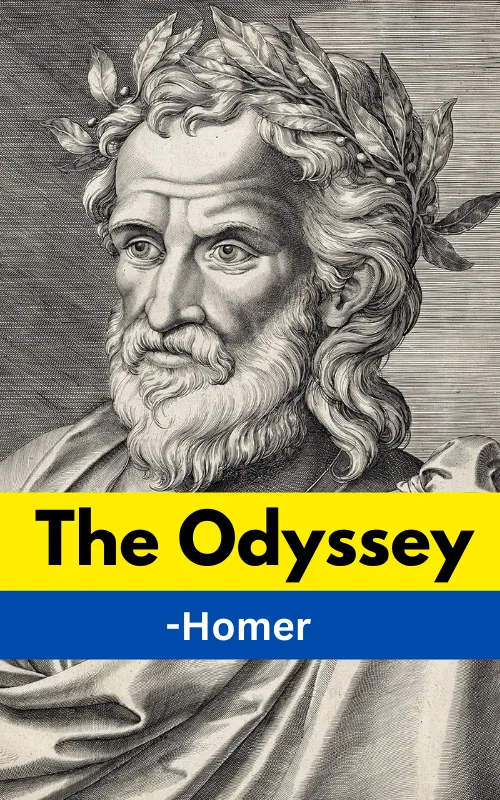About the Poem “The Golden Shovel“
| Poem Title | The Golden Shovel |
| Poet | Terrance Hayes |
| Form | Golden Shovel |
| Themes | Homage, admiration, poetic tradition, language, identity |
| Imagery | Pool hall, young men, jukebox, women on bar stools, school |
| Language | Colloquial, playful, subversive |
Themes of The Golden Shovel
The themes of the poem “The Golden Shovel” by Terrance Hayes are:
- Homage ➤ The poem is a tribute to Gwendolyn Brooks, one of Hayes’s poetic influences.
- Admiration ➤ Hayes expresses his admiration for Brooks’s work and her legacy.
- Poetic tradition ➤ Hayes explores the complex relationship between poets and the poetic tradition. He shows how he is influenced by Brooks’s work, but he also asserts his own unique voice.
- Language ➤ Hayes plays with language in creative and subversive ways. He challenges the reader to think about language in new ways.
- Identity ➤ Hayes explores the complex relationship between language and identity. He shows how language can be used to shape and express our identity.
“The Golden Shovel” Poem by Terrance Hayes
I- 1981
When I am so small Da’s sock covers my arm, we
cruise at twilight until we find the place the real
men lean, bloodshot and translucent with cool.
His smile is a gold-plated incantation as we
drift by women on bar stools, with nothing left
in them but approachlessness. This is a school
I do not know yet. But the cue sticks mean we
are rubbed by light, smooth as wood, the lurk
of smoke thinned to song. We won’t be out late.
Standing in the middle of the street last night we
watched the moonlit lawns and a neighbor strike
his son in the face. A shadow knocked straight
Da promised to leave me everything: the shovel we
used to bury the dog, the words he loved to sing
his rusted pistol, his squeaky Bible, his sin.
The boy’s sneakers were light on the road. We
watched him run to us looking wounded and thin.
He’d been caught lying or drinking his father’s gin.
He’d been defending his ma, trying to be a man. We
stood in the road, and my father talked about jazz,
how sometimes a tune is born of outrage. By June
the boy would be locked upstate. That night we
got down on our knees in my room. If I should die
before I wake. Da said to me, it will be too soon.
II- 1991
Into the tented city we go, we-
akened by the fire’s ethereal
afterglow. Born lost and cool-
er than heartache. What we
know is what we know. The left
hand severed and school-
ed by cleverness. A plate of we-
ekdays cooking. The hour lurk-
ing in the afterglow. A late-
night chant. Into the city we
go. Close your eyes and strike
a blow. Light can be straight-
ened by its shadow. What we
break is what we hold. A sing-
ular blue note. An outcry sin-
ged exiting the throat. We
push until we thin, thin-
king we won’t creep back again.
While God licks his kin, we
sing until our blood is jazz,
we swing from June to June.
We sweat to keep from we-
eping. Groomed on a die-
t of hunger, we end too soon.
The Golden Shovel Summary & Analysis
Terrance Hayes’s poem “The Golden Shovel” is a playful and subversive homage to Gwendolyn Brooks’s poem “We Real Cool.” Hayes uses the final words of each line from Brooks’s poem as the end-words of his own lines. This creates a sense of familiarity and connection between the two poems, but it also allows Hayes to subvert Brooks’s meaning and create his own unique poem.
The poem begins with Hayes repeating the first two words of Brooks’s poem: “We real.” However, in the second line, he adds the word “cool” at the end. This simple addition changes the meaning of the line completely. In Brooks’s poem, the speaker is asserting their independence and their rejection of traditional society. In Hayes’s poem, the speaker is reclaiming the word “cool” and using it to affirm their own identity and style.
Hayes continues to use Brooks’s words in subversive and creative ways throughout the poem. For example, in Brooks’s poem, the speaker says that they “don’t read good,” but in Hayes’s poem, the speaker says that they “don’t read good books.” This simple change suggests that the speaker in Hayes’s poem is not rejecting education or self-improvement, but rather that they are rejecting the traditional definition of “good” literature.
In addition to subverting Brooks’s meaning, Hayes also uses her words to explore his own poetic identity. The title of the poem, “The Golden Shovel,” is a reference to the Golden Shovel poetic form, which Hayes himself created. The form requires the poet to use the final words of each line from another poem as the end-words of their own lines. This creates a challenge for the poet, but it also allows them to engage in a dialogue with the other poet’s work.
In “The Golden Shovel,” Hayes is using the form to engage with Brooks’s work and to explore his own place in the poetic tradition. He is both influenced by Brooks and challenging her work. He is also asserting his own unique voice as a poet.
The poem ends with Hayes repeating the last line of Brooks’s poem: “We jazzed June.” However, the meaning of the line has changed significantly over the course of the poem. In Brooks’s poem, the line is a celebration of the speaker’s youth and freedom. In Hayes’s poem, the line is a more complex statement about the relationship between poetry, language, and identity.
FAQs from The Golden Shovel
What is the golden shovel poem about?
The golden shovel poem is a poet’s tribute to another poet, exploring identity and the power of language.
What was the message of poem?
The message of the poem is that we should celebrate the work of poets who inspire us, while also finding our own unique voice.
What is the golden shovel method?
The golden shovel method is a way to write a poem using the last words of each line from another poem.
Why is it called a golden shovel?
The poem is called “The Golden Shovel” because it is written in the Golden Shovel poetic form.
What does gold represent in the poem?
Gold represents the value and significance of Brooks’s work and Hayes’s own poetic identity.

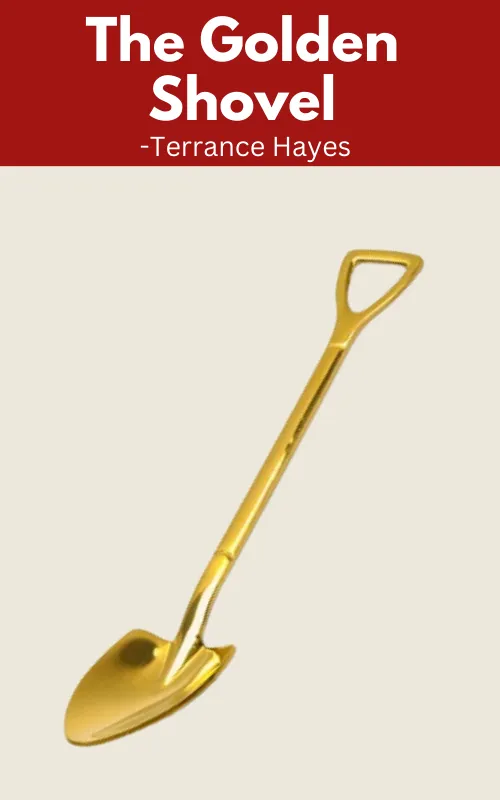
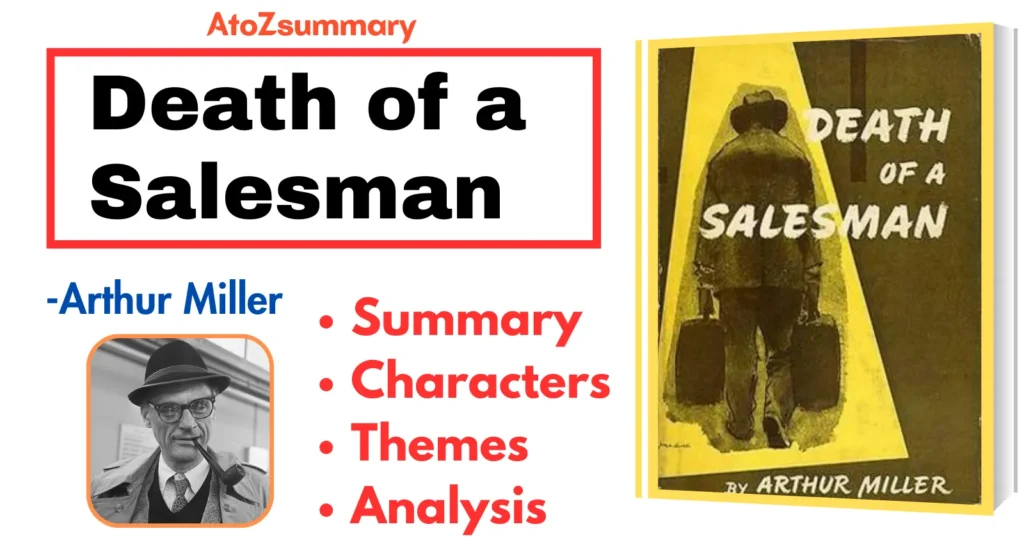

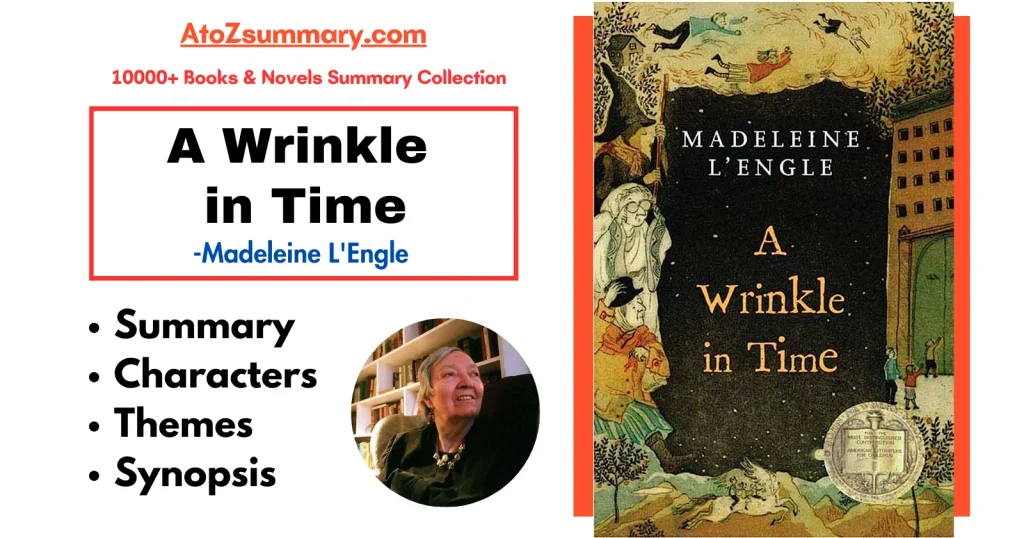
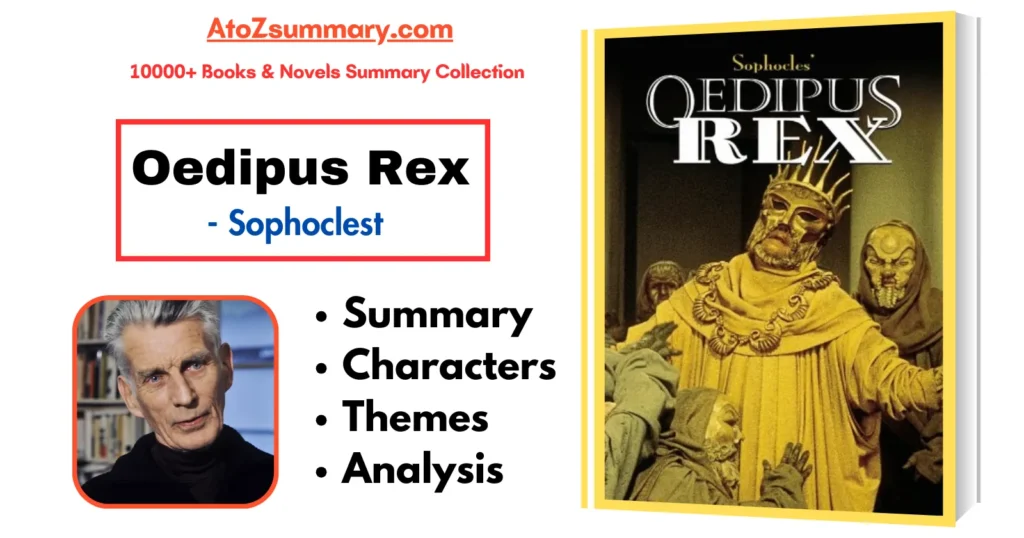
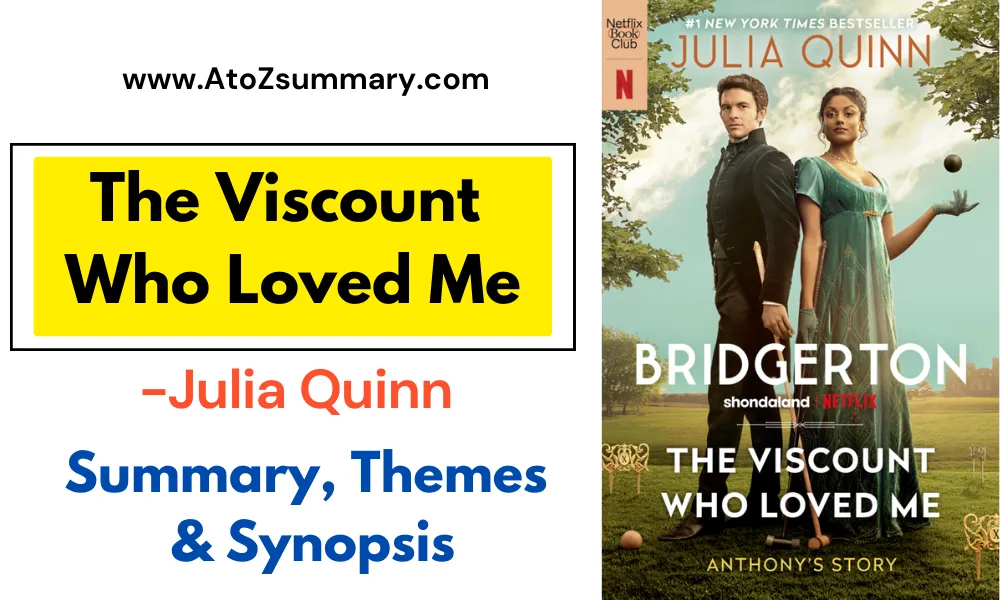

![The Catcher In The Rye Summary, Themes & Characters [by J. D. Salinger] The Catcher In The Rye Summary, Themes & Characters [by J. D. Salinger]](https://atozsummary.com/wp-content/uploads/2023/06/The-Catcher-In-The-Rye-Summary-Themes-Characters-by-J.-D.-Salinger.webp)
